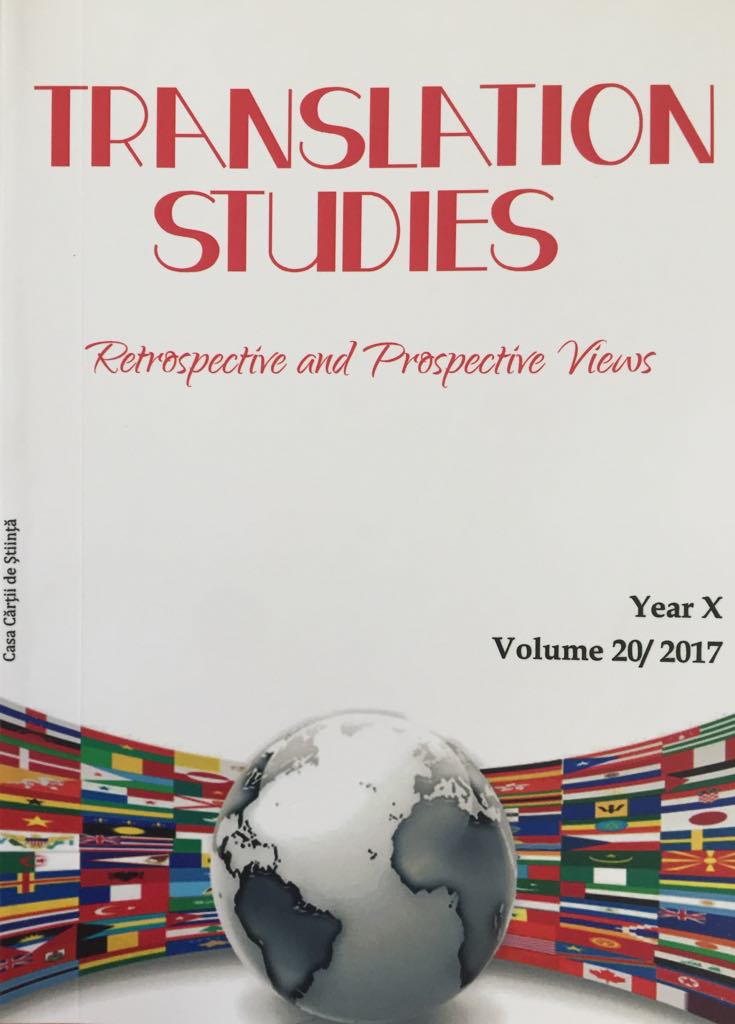FREEDOM OF IDIOMS IN TRANSLATED TEXTS. PROS AND CONS
FREEDOM OF IDIOMS IN TRANSLATED TEXTS. PROS AND CONS
Author(s): Iulian MardarSubject(s): Language and Literature Studies, Translation Studies
Published by: Editura Casa Cărții de Știință
Keywords: idiom; translation; culture; equivalence;
Summary/Abstract: Idioms are nothing but samples of peoples’ creativity. They are metaphors, showing imagination, playfulness and a strong sense of humor and they agreed to be culturally marked. Translators who have solid cultural awareness in the langauges in which they operate are likely to find the cultural equivalent of any source language (SL) idiom in the target language (TL), whichever the languages brought into contact may be. But, is this not an act of injustice made by translators to the SL idiom? Idioms are the reasult of creation in the sense that the meaning of an idiom is encoded in its linguistic form just as meaning is encoded in painting and poetry. Under the circumstances, why should idioms not be translated word-for-word from one language into another, so that everybody can enjoy the linguistic creativity of the people who created them? If a painting representing a man without a moustache is exhibited in a museum in a country where all the men wear moustaches, should the curator of that museum add a moustache to the painting? The present paper aims at giving an answer to the question whether idioms should be translated word-for-word or meaning-for-meaning.
Journal: Translation Studies: Retrospective and Prospective Views
- Issue Year: 21/2018
- Issue No: XI
- Page Range: 132-144
- Page Count: 13
- Language: English

